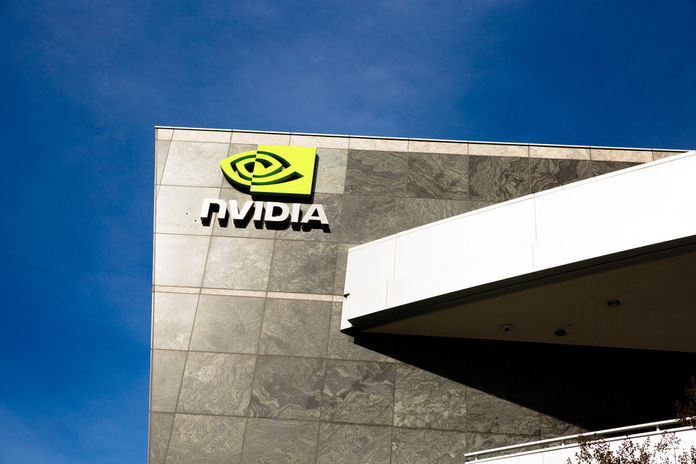Nvidia is back in the spotlight as a class action lawsuit over crypto-related misrepresentation gains new momentum.
The US Solicitor General, SEC, and several former officials have called for the case, originally dismissed in 2021, to be reopened.
At the core of the lawsuit is the claim that Nvidia misled investors by overstating its role in the cryptocurrency sector, resulting in significant financial losses for shareholders.
The case, which dates back to allegations from 2018, could have far-reaching implications for how companies communicate their business activities, particularly in high-risk markets like cryptocurrency.
In an amicus brief filed on October 2, 2024, US Solicitor General Elizabeth Prelogar and SEC senior lawyer Theodore Weiman argued that the lawsuit satisfies the legal requirements for fraud cases under the Private Securities Litigation Reform Act of 1995 (PSLRA).
They emphasized the significance of the US interest in the case, as it touches on critical interpretations of securities laws. In support, 12 former SEC officials, quantitative experts, and institutional investors have also urged the Supreme Court to allow the lawsuit to proceed.
These developments underscore the larger issue of corporate accountability and the role of securities laws in safeguarding the integrity of US capital markets.
How Nvidia’s crypto misrepresentation lawsuit unfolded
The class action lawsuit against Nvidia, originally filed in 2018, revolves around claims that the company misrepresented its involvement in the cryptocurrency market.
Investors allege that Nvidia overstated its crypto-related revenue, misleading shareholders and leading to significant financial losses.
Nvidia had projected strong earnings from its crypto-mining equipment, but the actual revenue came in at just 18% of the estimated $400 million.
This gap between expectations and results has sparked accusations of securities fraud under the US Securities Exchange Act of 1934.
The US Securities and Exchange Commission (SEC) also investigated Nvidia, resulting in a $5.5 million settlement in 2022.
The SEC accused the company of failing to fully disclose the impact of crypto mining on its core gaming business.
In response to these challenges, Nvidia shifted its business strategy, pulling away from the crypto market as the profitability of crypto-mining hardware declined.
Legal support for the class action suit mounts
The case against Nvidia gained renewed momentum in October 2024 when six additional amicus briefs were filed in support of the plaintiffs.
These briefs came from a diverse range of stakeholders, including legal scholars, quantitative experts, institutional investors, and anti-fraud coalitions.
Their arguments primarily focus on ensuring that the legal standards for fraud are properly applied and that companies like Nvidia are held accountable for their public statements.
The briefs also challenged Nvidia’s stance that the plaintiffs would require access to internal company documents and expert testimony at an early stage of litigation—requirements not supported by existing legal precedent.
The plaintiffs aim to demonstrate that Nvidia’s misleading statements had a material impact on investors, thereby warranting the reopening of the case.
The Ninth Circuit Court of Appeals had previously revived the lawsuit in a 2-1 ruling, setting the stage for further legal proceedings.
Nvidia’s future in the crypto space
Nvidia’s relationship with the crypto market has been a tumultuous one.
Once a major player in producing hardware for crypto mining, the company has since distanced itself from the sector following a steep decline in revenue.
In a 2022 earnings call, Nvidia announced that it would be exiting the crypto space altogether, signalling a strategic shift away from volatile markets.
The company’s move reflects the broader challenges that firms face when navigating emerging industries like cryptocurrency, where regulatory and financial risks are high.
The outcome of this legal battle could have far-reaching implications for Nvidia and other companies involved in emerging technologies.
Should the class action suit proceed, it could set a precedent for how businesses disclose their involvement in speculative markets, ensuring greater transparency and protection for investors.
The post DOJ and SEC push Supreme Court to revive Nvidia securities fraud lawsuit over crypto claims appeared first on Invezz

